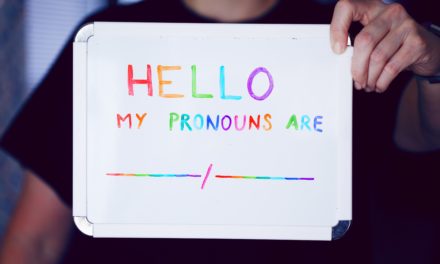
UK’s English Language Teaching (ELT) sector recovery plan

English UK, the membership organization supporting UK’s English Language Teaching (ELT) sector, has published a recovery plan that aims to return the enrolment in British language programmes to 2019 levels by the end of summer 2022.
The ‘Rebuilding the international market for UK English language teaching: a roadmap to recovery after COVID-19’ document sets out a multi-phase plan for recovery and future growth, with the phase one emphasis to bring the sector back to 2019 levels. In 2019, roughly 510,000 international students enrolled with English UK member centres for a combined 1.8 million student weeks. Those numbers suffered in 2020 due to COVID-19, as in many major destinations for English as a Foreign Language Learners, seeing a decline of up to 82% through the first three quarters of 2020.
The document reads; “Our industry has been devastated by COVID-19. We need to restore confidence in learning safely in English language teaching centres across the UK and get students back into our classrooms. To succeed, we must be bold, innovative, and agile.”
The plan identifies five groups which have been or could be, UK ELT customers.
- EU agents and educational tour operators (ETOs) already focused on the UK market. As UK as an ELT destination holds a large share of major EU sending markets it is vital to focus here and overcome challenges that pandemic situation and post Brexit era bring.
- Non-EU agents and ETOs already focused on the UK market. The major markets outside the EU are China, Saudi Arabia, Turkey, Japan, South Korea and Brazil and these are important for the recovery as the students from these countries enrol for longer educational programmes.
- Emerging agents and ETOs not yet focused on UK ELT are a great opportunity to expand to, with a priority on countries as Vietnam, Colombia, Mexico, Japan, and Brazil.
- Students interested in long-term study in the UK. The opportunities for ELT sector could arise to re-establish its role as the access point to the diverse study routes available in the UK that many students will not be able to follow due to Brexit and the pandemic.
- New potential partners for transnational education and other non-traditional models. This group allows exploring new opportunities in transnational education, capacity building, digital and resources.
The plan states that in the initial recovery phase UK ELT will be represented in important international industry events for agents, buyers, and students – and also through the continuing programme of English UK events. The process will be supported by using diverse channels for delivering messages and campaigning to reach the largest possible audience.
The intention is to use digital channels as well and to continue and enhance the partnerships with the British Council, the Education Sector Advisory Group, and others.
The message as a core of the recovery plan is that UK ELT puts student wellbeing first, ensuring a safe environment for students and providing guidance to its members, and checking the quality of safeguarding. The message will also carry the points that promote the UK as a destination with the quality and range of options available for language learners in the UK, the role of UK ELT as a pathway to British higher education, and the after Brexit immigration system. The target of the plan is ambitious but the organization aims to rebuild the industry that is stronger and more sustainable. It will require the cooperation of leaders from across the UK international education industry and work together within the organisation and the whole sector closely and creatively.
























